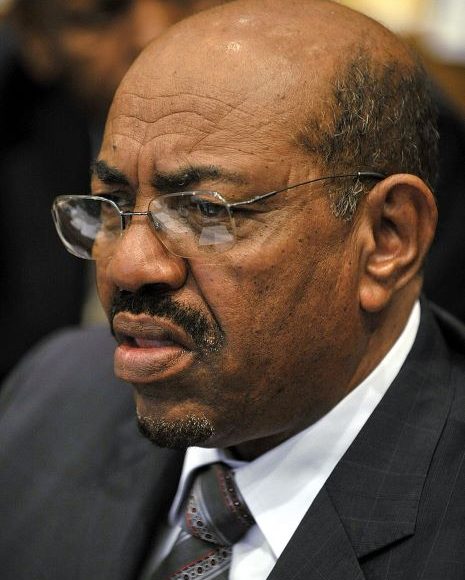March 4 in History
2009 – The International Criminal Court (ICC) issues an arrest warrant for Sudanese President Omar Hassan al-Bashir for war crimes and crimes against humanity in Darfur. Al-Bashir is the first sitting head of state to be indicted by the ICC since its establishment in 2002
The International Criminal Court (ICC) on this day in 2009 issued an arrest warrant for war crimes and crimes against humanity committed in the strife-torn Darfur region by Sudanese President Omar Al-Bashir, the first sitting Head of State to be indicted by the Court.
Al-Bashir, the former military officer who served as Sudan’s head of state under various titles from 1989 until 2019, when he was deposed in a coup d’état, was indicted on two counts of war crimes and five counts of crimes against humanity including directing a campaign of mass killing, rape and pillage against civilians in Darfur. However, the Hague-based ICC’s pre-trial chamber found there was insufficient evidence to charge him with genocide, but stressed that if the prosecution presents additional evidence the warrant could be amended at a later date.
On July 12, 2010, the court issued a second warrant containing three separate counts of genocide. The new warrant, like the first, was delivered to the Sudanese government, which did not recognize either the warrant or the ICC. The indictments do not allege that Bashir personally took part in such activities; instead, they say that he is “suspected of being criminally responsible, as an indirect co-perpetrator”. The court’s decision was opposed by the African Union, Arab League and Non-Aligned Movement as well as the governments of Libya, Somalia, Jordan, Turkey, Egypt, South Sudan, Djibouti, Eritrea, Pakistan, Algeria, Iraq, Saudi Arabia, Kuwait, Oman, Palestine, Ethiopia, Tunisia, Morocco, Lebanon, Bahrain, Qatar and the United Arab Emirates.
On February 11, 2020, the Government of Sudan announced that it had agreed to hand over al-Bashir to the ICC for trial.
An estimated 300,000 people have died in Darfur, either through direct combat or because of disease, malnutrition or reduced life expectancy, in five years leading up to 2009 in Darfur, where rebels had been fighting government forces and allied Arab militiamen, known as the Janjaweed, since 2003.
al-Bashir came to power in 1989 when, as a brigadier general in the Sudanese Army, he led a group of officers in a military coup that ousted the democratically elected government of Prime Minister Sadiq al-Mahdi after it began negotiations with rebels in the south; he subsequently replaced President Ahmed al-Mirghani as head of state. He was elected three times as president in elections that have been under scrutiny for electoral fraud.[ In 1992, al-Bashir founded the National Congress Party, which remained the dominant political party in the country until 2019.
From December 2018 onwards, al-Bashir faced large-scale protests which demanded his removal from power. On April 11, 2019, Bashir was ousted in a military coup d’état. In September 2019, Bashir was replaced by the Transitionary Military Council which transferred executive power to a mixed civilian–military Sovereignty Council and a civilian prime minister, Abdalla Hamdok. Two months later, the Forces of Freedom and Change alliance (which holds indirect political power during the 39-month Sudanese transition to democracy), Hamdok, and Sovereignty Council member Siddiq Tawer stated that Bashir would be eventually transferred to the ICC. He was convicted of corruption in December of that year and sentenced to two years in prison. His trial regarding his role in the coup that brought him into power started on July 21, 2020.
-ENCL/Wikipedia



Comments are closed, but trackbacks and pingbacks are open.